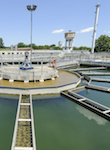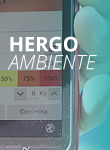Biodiesel has been developed also from used food oil
Focus
Focus
Category Facet
Custom Facet
Search Results
-
Web Content Article On Aug 4, 2020 3:44 PM
The intelligent wastewater treatment plant in Modena and COSTANCE, the prototype facility in Granarolo dell’Emilia. Two best-in-class examples of sustainable water management
utility4.0 Categoria Progetto: Innovation Water Project Innovation Categories: Predictive technologies
Asset Publisher
Fuel may also be extracted from vegetable oils. Used domestic vegetable oil (such as frying oil) which is recovered by multiutility services via roadside containers and drop-off points, is transformed into biodiesel, which in turn is used to fuel the vehicles used for urban waste collection.
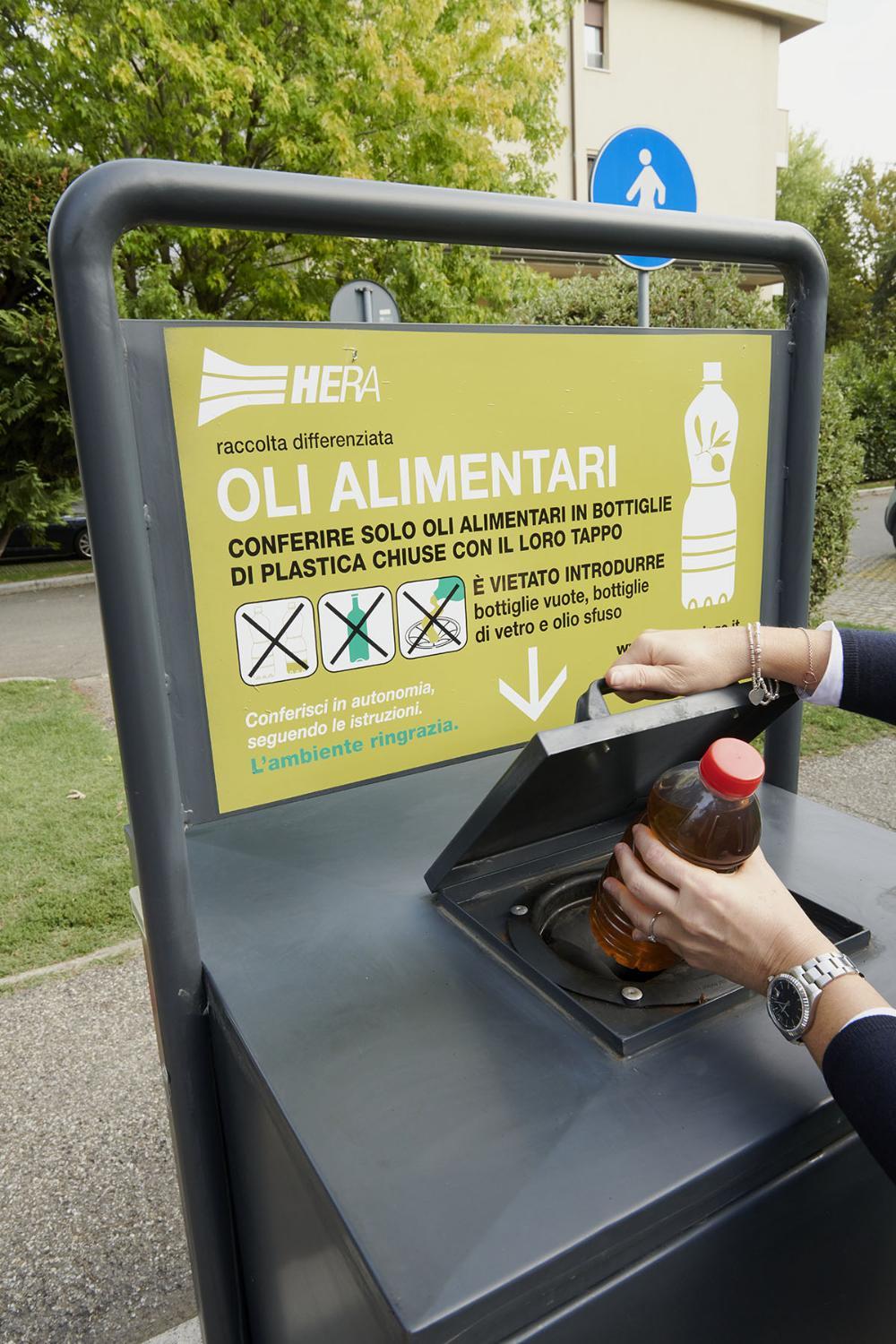
This is possible today thanks to the strategic partnership we have set up with Eni, which is one of the many initiatives launched in our transition to a circular economy. How is biodiesel made? We recover exhausted vegetable oils for domestic use, such as frying oils, from around 800 roadside collection bins and around 130 ecological stations. We send these oils to the Eni bio-refinery in Porto Marghera, Venice. Here they are processed to make a biodiesel containing 15% renewable component. This biofuel feeds part of our company's vehicles for the collection of municipal waste in the area served.
How does the oil collection service work for citizens?
The oil can be delivered not only to drop-off points, but also to eco-self containers and roadside collection stations. The latter are of a new type. Compared to the previous ones, in fact, they hold 240 litres and can collect the oil to be recovered through a small hatch. Keep in mind that the oil should not be poured directly into the stations, but rather put inside plastic bottles or bottles closed with their caps. To find the collection point nearest you, you can use our app “Il Rifiutologo” that can be downloaded for free.
Search Bar
Tag Facet
Asset Publisher
Creating shared value report 2024

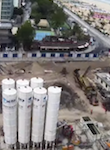
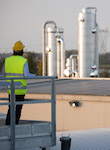

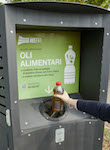
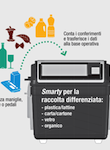
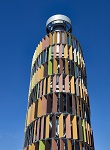

.jpg/468d051b-ba80-83a6-359d-7ef55eefd940)

